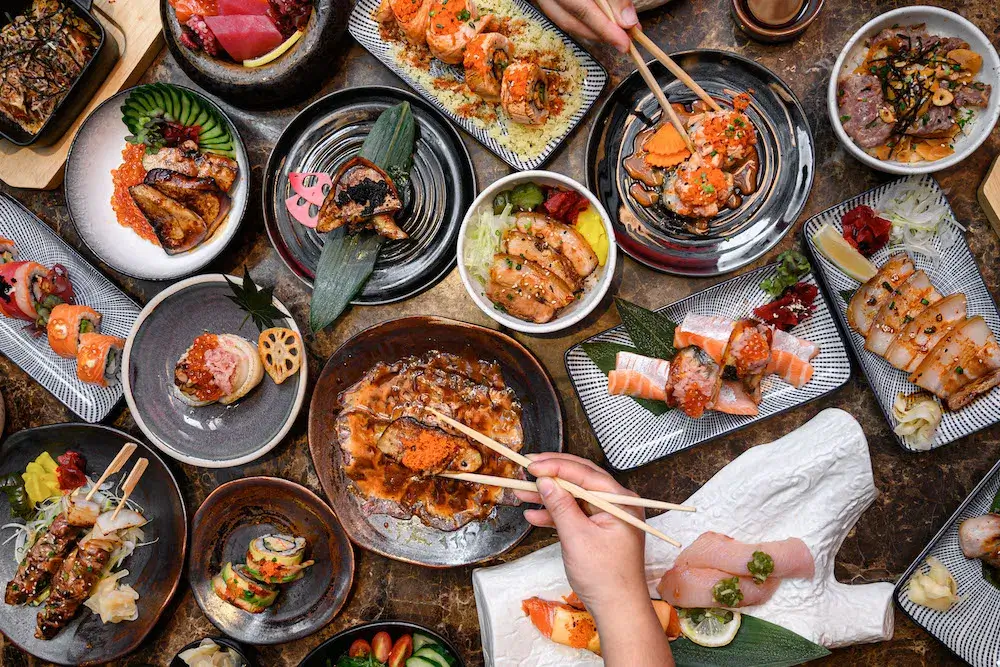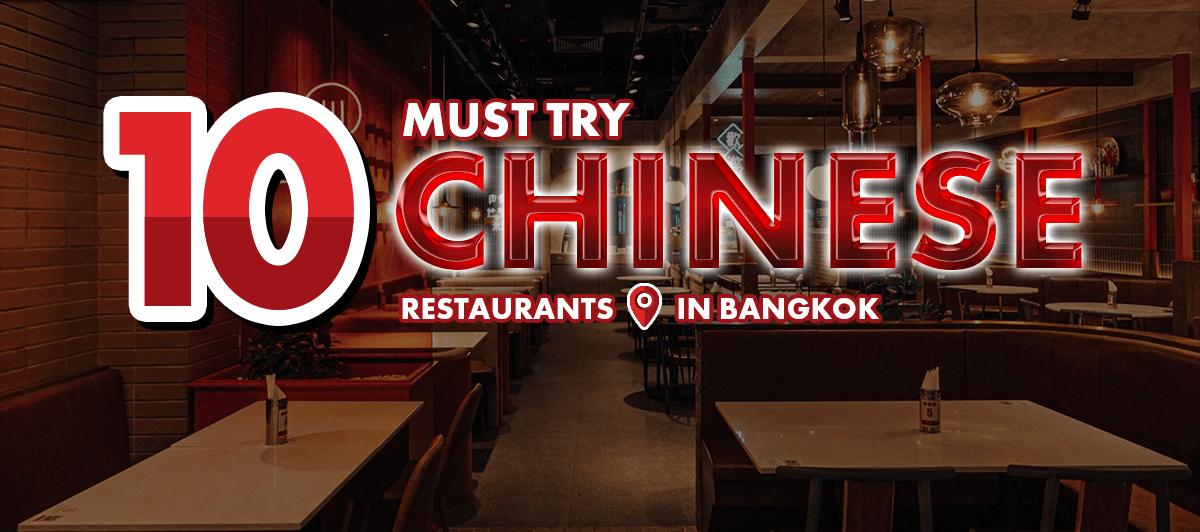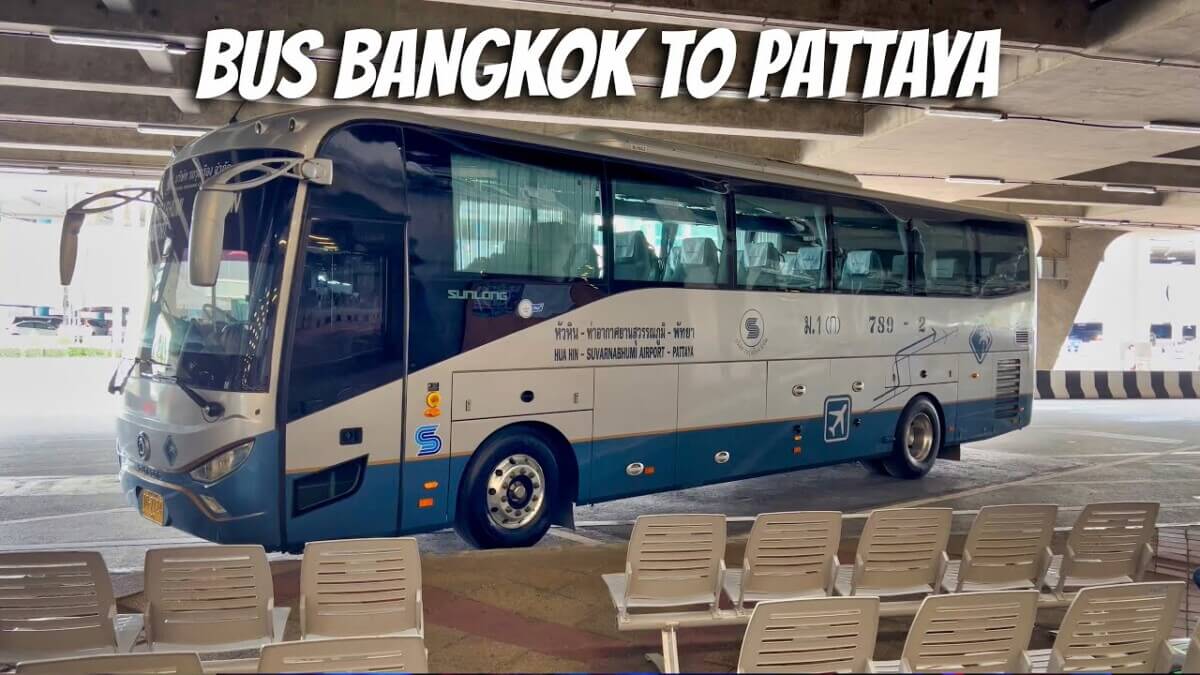You’ve probably heard the claim that McDonald’s in Thailand is a halal haven, catering to the country’s massive Muslim population. But can you really trust that your Big Mac or Chicken McNuggets meet Islamic standards? It’s not just a matter of slapped-on certification – the truth is, McDonald’s Thailand has made a concerted effort to guarantee their food and prep processes align with halal principles. But what does that really mean, and how can you be certain?
McDonald’s Thailand’s Halal Claim
Some McDonald’s branches in Thailand claims to be a halal-friendly fast-food chain. In fact, Some McDonald’s has a separate halal menu for Muslim customers, which is certified by the Islamic Council of Thailand. The halal menu includes items such as chicken nuggets, burgers, and fries, as well as some unique Thai-inspired dishes.
Even though some McDonald’s branches in Thailand serve halal menu, they sell pork menu too. So if it serves and cook pork in the same kitchen—cross-contamination risks exist! So it would be best if you AVOID it. However, KFC or burger king could be a great options at some of their branches are half and do not serve pork.
Ingredients Used in McDonald’s Thailand
You’re probably curious about the ingredients used in McDonald’s Thailand. Not all but a few branches ingredients are sourced from halal-certified suppliers.
For instance, chicken and beef are sourced from local farms that adhere to Islamic principles, while fish is obtained from suppliers that meet the same standards. To meet 100% of halal standards, even the cooking oil should be halal, making sure it’s free from any animal by-products or alcohol.
Halal Certification and Authority
Some users says that the Central Islamic Council of Thailand, a prominent Islamic authority, issues halal certification to McDonald’s Thailand, ensuring their products meet the strict guidelines of Islamic law. However, many muslims say’s McDonald’s claim is not correct.
As a consumer, you have the right to verify the certification, and you can do so by checking the halal logo on McDonald’s packaging or by contacting the Central Islamic Council of Thailand directly.
This certification provides assurance that McDonald’s products meet the highest standards of halal quality, giving you the freedom to make informed choices about what you eat.
Controversies and Criticisms
While Some McDonald’s branches in Thailand has serve halal food , not everyone is convinced of its authenticity. You may wonder why some Muslims in Thailand still question the halal status of McDonald’s despite this certification. One reason is that some Muslims argue that the branches process lacks transparency, making it difficult to verify the authenticity of the halal claim.
Additionally, some critics point out that McDonald’s suppliers may not adhere to strict halal standards, which could compromise the halal status of the food. You might also come across concerns about cross-contamination with non-halal ingredients during food preparation. These concerns highlight the need for ongoing monitoring and scrutiny to guarantee that McDonald’s Thailand maintains its halal standards.
Comparison With Other Halal Fast-Food Chains
You’re likely curious about how McDonald’s Thailand stacks up against other halal fast-food chains in the country.
Regarding variety, McDonald’s offers a range of halal-certified menu items, including burgers, fries, and chicken nuggets. However, other chains like KFC and Burger King also offer halal options, although with slightly different menu items. KFC, for instance, has a dedicated halal kitchen, while Burger King has a separate halal menu.
With respect to pricing, McDonald’s is generally more affordable than Burger King, but KFC tends to be the most budget-friendly option. As for availability, all three chains have multiple locations throughout Thailand, making it easy to find a halal fast-food option near you.
Ultimately, the choice between McDonald’s, KFC, and Burger King depends on personal preference and what matters most to you as a consumer.
What Muslim Consumers Need to Know
You need to be aware that not all McDonald’s outlets in Thailand are halal-certified. It’s imperative to verify the certification from a reputable halal authority, such as the Central Islamic Committee of Thailand or the Halal Science Center of Chulalongkorn University.
Don’t assume that all menu items are halal; some may contain non-halal ingredients or be prepared using non-halal methods. You should also be cautious of cross-contamination with non-halal products. When in doubt, ask the restaurant staff or check the certification yourself. Remember, it’s your responsibility as a Muslim consumer to guarantee the food you eat aligns with your religious beliefs.
Verifying Halal Status
The Halal Science Center of Chulalongkorn University and the Central Islamic Committee of Thailand are two reputable authorities that issue halal certifications to McDonald’s outlets in Thailand. As you verify the halal status of McDonald’s in Thailand, you’ll want to look for these certifications. You can check the official websites of these authorities or visit the McDonald’s outlets in person to ask about their halal certification.
Additionally, you can check the packaging or labels of McDonald’s products for the halal logo. Crucial to be proactive in verifying the halal status, as it’s your right to consume food that aligns with your beliefs.
As you weigh the options for a quick bite in Thailand, McDonald’s halal claim seems to hold water. Like a puzzle, the chain has carefully fitted together halal-certified ingredients, separate equipment, and trained staff to create a convincing picture of commitment. While controversies may simmer beneath the surface, McDonald’s Thailand has made a concerted effort to cater to Muslim consumers. Now, it’s up to you to decide if their halal promise is the real deal.










Leave a Reply